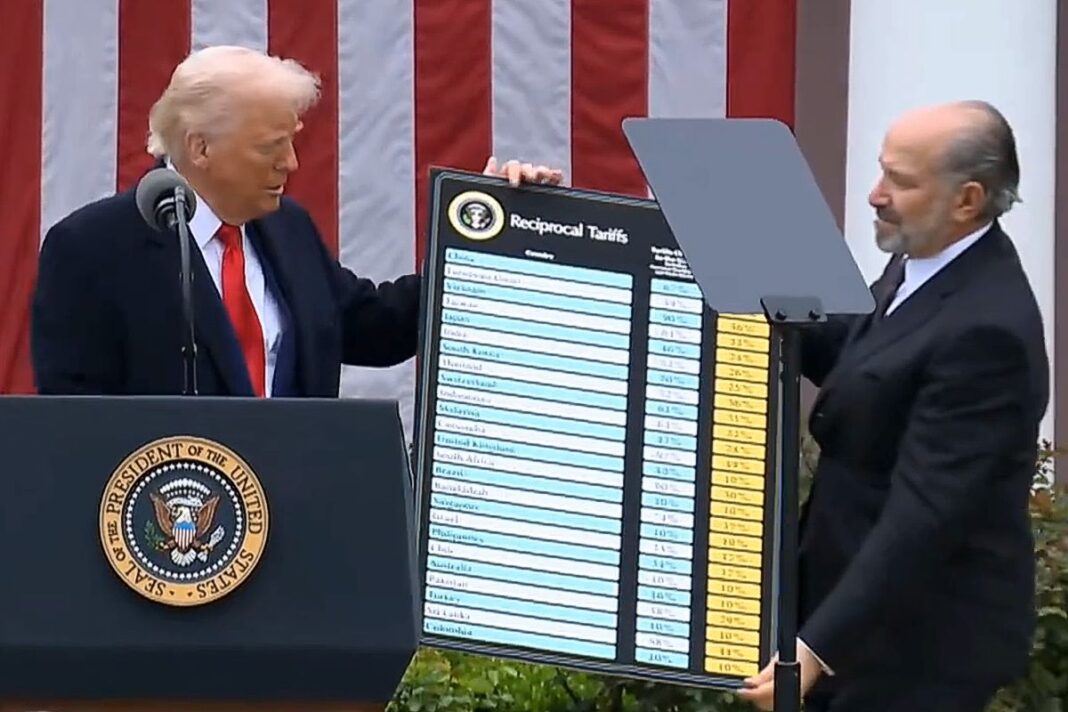CBO says the GOP-led budget reconciliation bill would boost resources for U.S. households—at the cost of widening deficits and uneven impacts.
The Congressional Budget Office (CBO) estimates that the One Big Beautiful Bill Act—the GOP-backed reconciliation package—would lead to a net increase in resources to households nationwide over the next decade, but at the cost of a $3.8 trillion increase in the federal deficit.
The CBO’s preliminary distributional analysis, published on May 20, estimates that American households will, on average, have more resources at their disposal under the One Big Beautiful Bill Act between 2026 and 2034.
However, CBO says these benefits will come at a price: the deficit will rise, and households in the bottom 10 percent of the income spectrum would experience net losses because the government-funded benefits they stand to lose exceed the value of the tax cuts they’ll get.
“CBO estimates that household resources would decrease by an amount equal to about 2 percent of income in the lowest decile (10th) of the income distribution in 2027 and 4 percent in 2033, mainly as a result of losses of in-kind transfers, such as Medicaid and SNAP [Supplemental Nutrition Assistance Program],” Philip Swagel, CBO director, wrote in the analysis.
“By contrast, resources would increase by 4 percent for the top 10 percent of earners in 2027 and 2 percent in 2033, “mainly because of reductions in the taxes they owe,” Swagel added.
House Budget Chairman Jodey Arrington (R-Texas) said in a statement late Tuesday that the CBO’s analysis measures government transfers, not economic opportunity.
“When you allow Americans from every walk of life to keep more of their income, you lift millions out of poverty, just as we witnessed in President Trump’s first term,” Arrington said. “Democrats measure success by how many people are stuck on the welfare rolls; Republicans measure success by how many Americans are lifted off of them.”
He said the CBO report misleadingly interprets the bill as a giveaway to the wealthy at the expense of the poor.
Arrington said that the bill’s tax changes would be especially favorable to low- and middle-income households by raising the standard deduction, expanding the child tax credit, eliminating taxes on tips and overtime, and providing tax relief for seniors—policies that Republicans say will improve after-tax income across the board.
According to a separate distributional analysis released by the Joint Committee on Taxation (JCT) on May 19, the vast majority of households across all income levels would receive tax cuts under the One Big Beautiful Bill Act, though the size of those cuts varies considerably by income.
By Tom Ozimek
Read Full Article on TheEpochTimes.com







